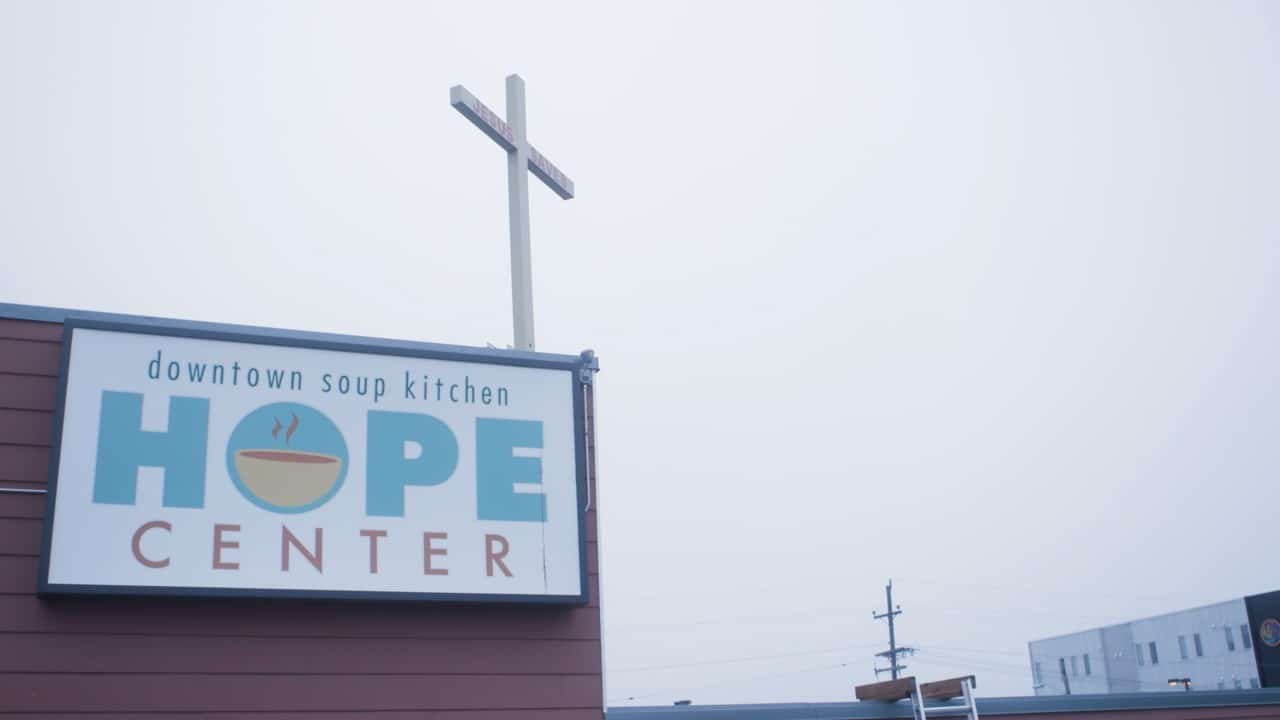Late last week, the federal court in Alaska granted a homeless shelter’s request to stop the City of Anchorage from designating is as a public accommodation under the Anchorage Municipal Code. My friends and former colleagues at Alliance Defending Freedom have been litigating this case. The issues in this case may sound technical, but what is at stake has profound ministry implications for nonprofit ministries.
The City of Anchorage, like a lot of cities and counties across the country, passed a nondiscrimination ordinance. This law prohibits discriminating in “places of public accommodation” based on, among other things, sexual orientation or gender identity. These are often referred to as “SOGI” ordinances (SO for sexual orientation and GI for gender identity). Often, these nondiscrimination laws have existed for years or even decades, but only prohibited discrimination based on things like race, color, religion, national origin, or sex. In recent years, cities and counties have been adding “sexual orientation” and “gender identity” as protected categories under their existing nondiscrimination ordinances – hence the name “SOGI” ordinances.
In Downtown Hope Center’s case, whether it was a “public accommodation” under the Anchorage ordinance had severe practical implications for its ministry. As the Court explained:
“Plaintiff Hope Center is a faith-based, non-profit organization that offers free food, showers, Christian ministry, and other services to homeless men and women in the downtown Anchorage area, as well as overnight shelter to homeless women. Most of the women that Hope Center shelters have escaped from sex trafficking or been abused or battered, primarily at the hands of men. Hope Center can accommodate up to 50 women overnight, all of whom sleep on the floor in one large room, where they may change clothes or be in various stages of undress. Because of its religious beliefs and its limited space, Hope Center accepts only persons who were determined to be female at birth into its overnight shelter. Persons who were determined to be female at birth and who self-identify as men, are permitted to access the shelter.”
You can see how this practically works out in the picture below which shows the room where the women sleep.
Adding a biological male to this environment would be particularly traumatic to women who had been sexually or otherwise abused by men. One woman even reported that she would opt to sleep in the woods (remember this is Alaska) rather than at the shelter with biological males in the room. The issue came to a head when a biological male who identified as female asked to stay at the shelter one night. This prompted an investigation by the City of Anchorage who claimed that the shelter was a “public accommodation” under its city code.
The federal court held instead that the Downtown Hope Center was likely not a “public accommodation” under the Anchorage Municipal Code. The Court thus entered a preliminary injunction that prohibits the City of Anchorage from trying to enforce its code against the shelter while the court case is pending.
This case is far from over and it will likely end up on appeal. It is important to watch. The issue of whether homeless shelters, or other nonprofit ministries, are “public accommodations” under the law is a complicated one that often depends on the wording of the code at issue. Here in Arizona, some of our larger cities have SOGI nondiscrimination ordinances. Some of them have exemptions for religious organizations but, again, whether your ministry meets an exemption can be complex. How a ministry responds to situations like this is often a mix of interconnected legal and ministry concerns. The attorneys at Provident Law can help if your ministry is threatened or even if you want to know whether you are subject to a nondiscrimination law and what the implications may be for your ministry.
These issues will continue to be litigated and ministries would be wise to associate with legal counsel who understand not only the laws at issue but the available constitutional and statutory exemptions available. In addition, having legal counsel who understands the ministry and shares a missional mindset can be very helpful. Contact me at Provident Law if you have questions or need legal help, I’d love to help.



